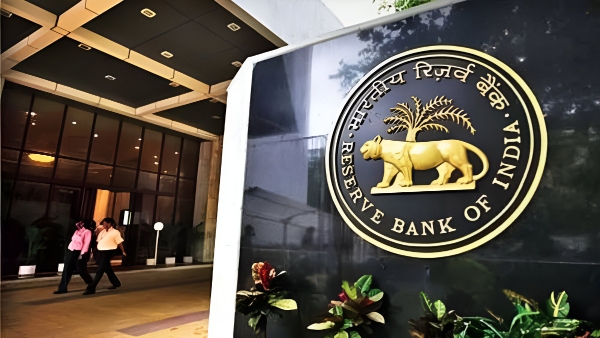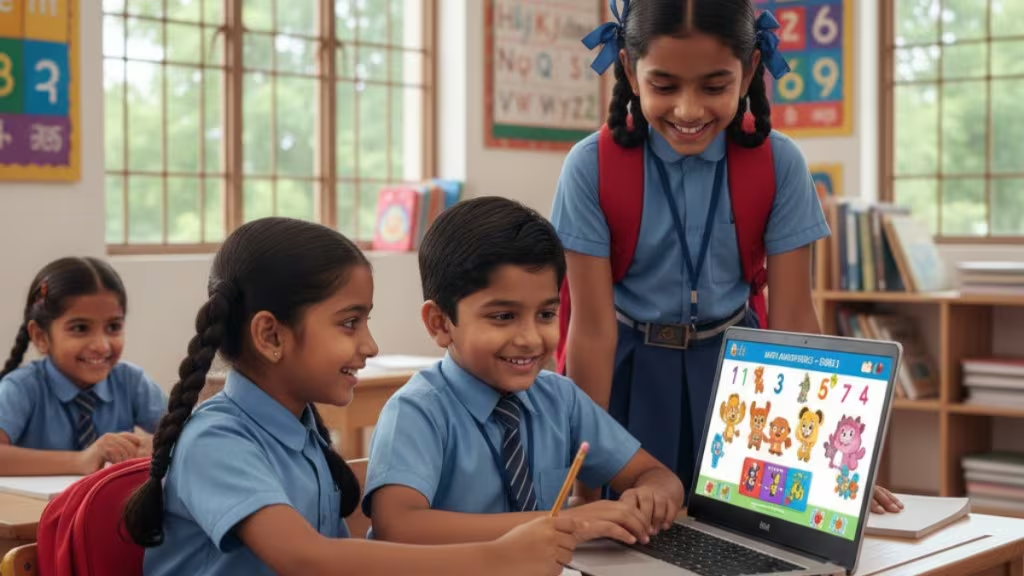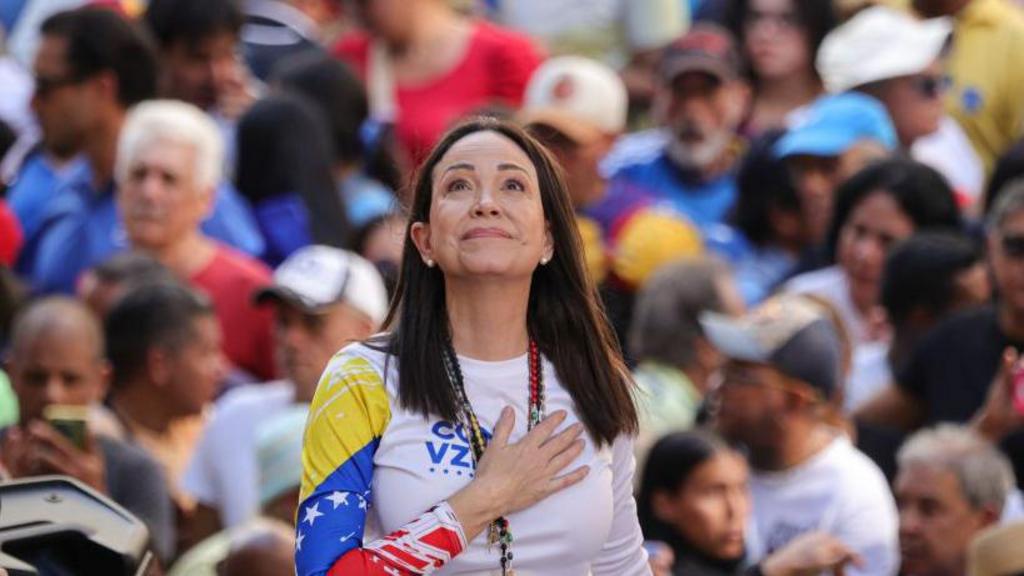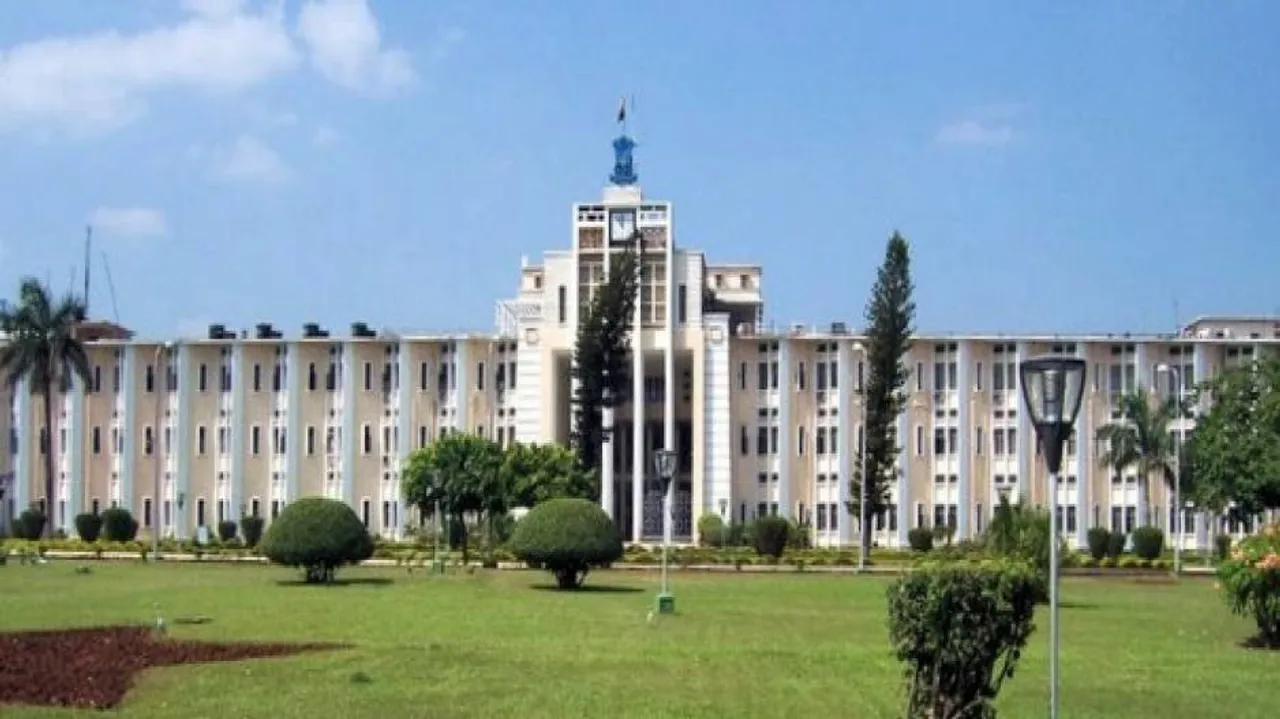The Reserve Bank of India (RBI) has rolled out a new cheque clearing system from today that promises nationwide uniformity, faster settlements, and near real-time processing. Under this system, funds can now be credited or debited to bank accounts within a few hours, a major upgrade from the existing 1–2 business days.
What is Changing in Cheque Clearing?
-
Cheques will no longer be processed in fixed batches. Instead, banks will scan and send cheques continuously between 10 am and 4 pm.
-
Settlements will occur every hour from 11 am onwards, cutting the clearing cycle to just a few hours.
-
Banks must confirm cheques promptly. In Phase 1 (Oct 4, 2025 – Jan 2, 2026), they must confirm by 7 pm, failing which the cheque will be auto-approved.
-
In Phase 2 (from Jan 3, 2026), banks will have just 3 hours to confirm each cheque. Funds will then be released within 1 hour of settlement.
Benefits for Customers
For account holders, the new system means:
-
Faster access to funds from deposited cheques.
-
Quicker payments for individuals and businesses.
-
Uniform cheque clearing speed nationwide.
-
Simpler tracking of cheque status across all banks.
Evolution of Cheque Clearing in India
-
Pre-1980s: Manual clearing, often taking a week or more.
-
1980s: Introduction of MICR (Magnetic Ink Character Recognition), reducing local clearing to 1–3 days.
-
2008: Launch of Cheque Truncation System (CTS), bringing clearance down to 1 day.
-
2021: Nationwide T+1 clearing grid introduced by RBI.
-
2025: Shift to continuous, near real-time settlement.
With this reform, the RBI has taken a major leap toward efficiency, transparency, and customer convenience, reducing settlement risks for banks and aligning India’s cheque clearing with modern global banking standards.










